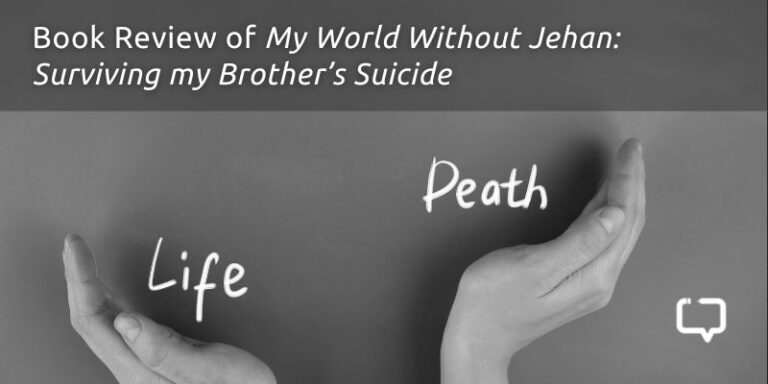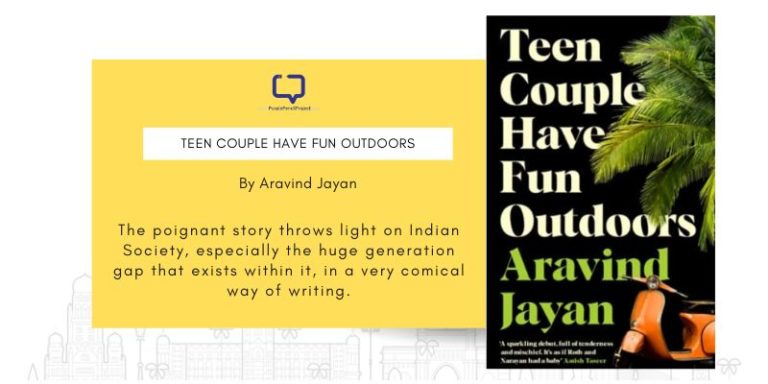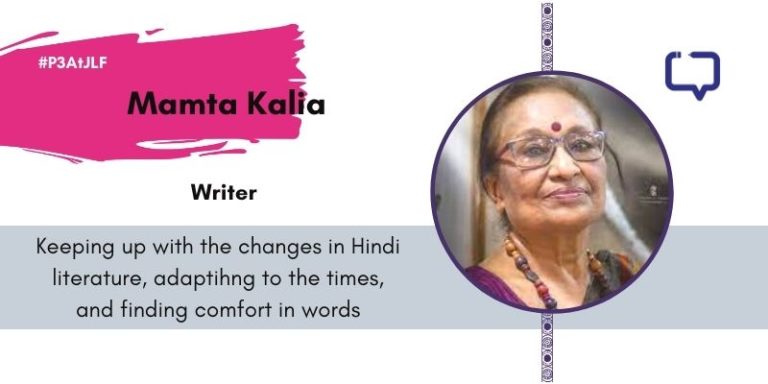Akshaya Ganesh reviews Kaikeyi: A Novel by Vaishnavi Patel (published by Redhook, 2023).
As a huge fan of mythological retellings, I’ve surprisingly read very few novels on Ramayana. Most of them were from the perspectives of Lord Ram, Devi Sita or Ravana. So, the fact that there is a book exploring Kaikeyi’s perspective intrigued me. Since childhood, I’ve always wondered what prompted Kaikeyi to take such extreme decisions. Can it be pure jealousy? Motherly instinct for Bharata? or something else entirely? There surely should be another side to her story. My search for her story led me to read this book.
Recommended Reading: 15 Must-Read Indian Mythological Women Writers
I was born on the full moon under an auspicious constellation, the holiest of positions—much good it did me.
– Vaishnavi Patel, Kaikeyi
Thus begins Kaikeyi’s journey. Moments later, her twin brother is born and we learn that she is less valued than him, a reflection of the society she will grow up in.
Regardless of birth position, Yudhajit, being a boy, was the heir to the Kekaya kingdom. I was but a dowry of fifty fine horses waiting to happen.
– Vaishnavi Patel, Kaikeyi
A Journey From Obscurity to Influence
She grew up as the only daughter with six brothers and was disregarded by her father in a patriarchal society. When she was 12, her mother was banished from the kingdom of Kekaya, seemingly without any reason. Feeling powerless about the injustice caused to her mother and her own self being brought down to securing a great marriage alliance, Kaikeyi resorts to gods. However, her pleas go unanswered.

Her mother, as Kaikeyi states, “never cuddled me. (…) Instead, she taught me how to read. (…) And even then, she did not praise me. But she gave me scrolls and listened as I picked out stories.” Driven by a desire for independence and justice, she turns to those scrolls and stumbles upon a magical power that is only hers. Her secret skill serves her well after her marriage to Raja Dasharath.
As his youngest and third wife, Kaikeyi was unsure of her place in the kingdom. However, she quickly proved herself and not only secured a place in his court but also gained two boons from him. Kaikeyi’s relationship with her husband is driven by respect and friendship, lacking romantic love. Her bond with his other wives, Sumitra and Kaushalya, grows strong and free from jealousy.
Everything goes well until one day when her ambitions collide with god’s predetermined fate for her family. As a great evil rises, Kaikeyi faces a heartbreaking choice, utilizes her boons and ultimately ends up in tragedy.
Recommended Reading: 4 Recommended Reads on Reimagined Indian Mythology
A Wannabe Circe?
Unlike the traditional portrayal of a villainous stepmother, this novel explores Kaikeyi’s life from childhood. The book largely deals with women’s empowerment in an otherwise patriarchal society. It shines well in its portrayal of the everyday struggles faced by women.
Opening the court to women. Permitting women to learn in the open market schools. Allowing women to maintain their own stalls in the market — and perhaps even hold property. Being unmarriageable would no longer be a life sentence then.
– Vaishnavi Patel, Kaikeyi
It’s refreshing to see Kaikeyi transform from a disregarded princess into a skilled warrior and an influential queen. However, in the midst of all this, the book loses its very essence, sometimes overshadowing the core narrative. While the focus on societal constraints on women seems commendable, the constant presence of this on the agenda can feel forced at times. The setting and scenario of the women’s council feel infused with modern concepts that don’t seamlessly gel with the plot.
In most places, I felt like Kaikeyi was the Indian version of Madeline Miller’s Circe. Both novels subvert traditional narratives and give voice to marginalized women. However, Kaikeyi fails to reach the heights set by Circe in its execution.
Reimagining With Mixed Results

The early stages of Kaikeyi’s childhood seem to be well fleshed out, while the later sections, especially the period after the birth of her sons, lack depth and feel less engaging. Having read various perspectives on “Ramayana”, including Valmiki’s Ramayana, this retelling didn’t resonate well with me. While Kaikeyi’s desire to secure her son’s future seems valid, villainizing Ram without any justification creates a one-dimensional plot. There are even instances where Ravana’s actions, even abducting Sita, are seemingly justified against Ram’s intentions, lacking the depth and complexity of the characters.
This book is likely to appeal primarily to readers who possess only a cursory knowledge of the epic. However, for those with a deeper understanding of the narrative, it becomes evident that the portrayal of Kaikeyi as a character driven by completely pure motifs and other characters as unidimensional beings is a departure from the source material.
Because those who are good question themselves. Because those who are good always wonder if there was a better way, a way that could have helped more and hurt less. That feeling is why you are good.
– Vaishnavi Patel, Kaikeyi
Recommended Reading: 15 Brilliant Indian Mythology Writers you should read
The book’s lack of character depth undermines its claim of being a faithful retelling. Merely altering the roles of heroes and villains does not automatically create a compelling and coherent story. A role reversal seems unnecessary in an attempt to justify Kaikeyi’s actions.
Favourite Quotes (or Food For Thought, Maybe?)
If you apologize, it will further reinforce for him that women should know their place and be submissive and modest and all of the rest. Please do not.
It is not weak to avoid war,” I said, and my voice broke. Tears pricked at my eyes, and I let them. “It is the strongest thing you could do, to avoid unnecessary bloodshed.
Conclusion: A Niche Audience
Kaikeyi presents a bold reimagination of the epic Ramayana. While I had high hopes and was eager to hear Kaikeyi’s side of the story, completely flipping the epic to give a fresh perspective ultimately disappointed me. Readers with only a fleeting knowledge of the classic tale might thoroughly enjoy the book, but those seeking a faithful readaptation of Ramayana will be left wanting. In a nutshell, it is a story that had so much potential but was handled somewhat clumsily.






















